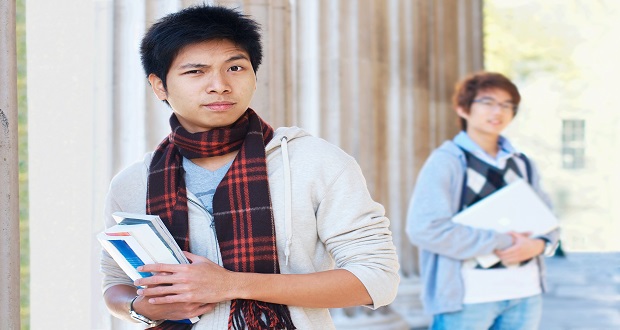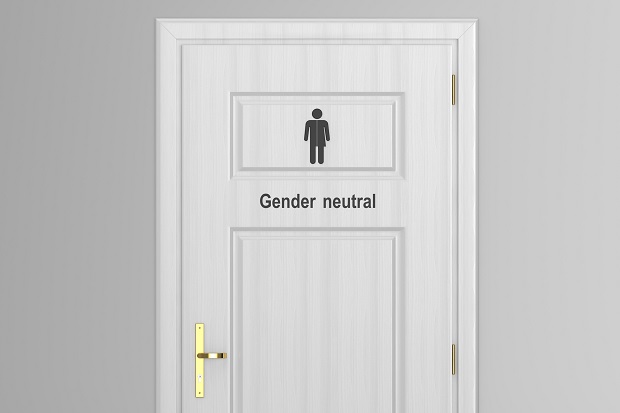
Your parents’ birthplaces, your mother’s maiden name, and whether your family has ever changed its name. Harvard University asks applicants for this information in the, um, I guess, hmm, spirit of diversity?
These questions, as well as a formal interview, were first injected into the Ivy League school’s application process in the 1920s to cap the number of Jewish students. (Whether the impetus was to ensure greater diversity among the student population or outright anti-Semitism is debatable.) Today, the university is similarly trying to limit how many Asians it admits in favor of other groups with lower test scores—at least according to a lawsuit recently filed by 64 Asian-American organizations. They complain that Harvard is violating Title VI of the Civil Rights Act of 1964, which forbids racial discrimination.
Not so, says the school, which argues that its admissions process is “highly individualized” and “holistic.”
Still, the New York Post reveals that despite a changing applicant pool each year, whereby Asians increasingly dominate top spots, the student body continues to remain static: 15 to 18 percent of the student population remains Asian, 42 to 49 percent white, 6 to 8 percent black, 7 to 9 percent Hispanic.
The Post goes on to point out that in New York, Asians make up 7 percent of the population but comprise about one-third of the National Merit Scholarship finalists. What’s more, although Asians account for only 11 percent of California high-school students, they make up a whopping 60 percent of the state’s National Merit Scholars. So it’s no shock that, given that California bans using race as an admissions criteria, 42 percent of Cal Tech’s students are Asian. “If race were not being used to limit Asian acceptances, the same thing would be happening at Harvard,” writes the Post’s Betsy McCaughey.
Which might also explain why the Princeton Review, a guide for college applicants, has offered this recommendation: “If you are an Asian-American—or even if you simply have an Asian or Asian-sounding surname—you need to be careful about what you do and don’t say in your application.” It further recommends not writing about your Asian background in your admissions essay and “get involved in activities other than math club, chess club, and computer club.”
(Given the stereotyping, I’m surprised Princeton Review didn’t tell its Asian readers to put down the violin.)
I’m conflicted about all of this. On one hand, I don’t want Asian applicants denied admission because of their ethnicity. Nor do I want them to feel like they have to hide their heritage to up their chances of admission. On the other hand, I understand Harvard’s desire to have a varied student populace. So we have the classic question: Are quotas (which, again, Harvard denies it has) discriminatory?
Yes, I guess.
Is such discrimination OK?
Yes, I guess. I suppose “discriminating” against a group for the overall good of society is a noble cause.
But, then, you might argue that this does a disservice to society. And ‘round we go. Throw in quotas based on economic and background things get even more complicated, or simpler, depending on whom you ask. What side do you fall on?


















